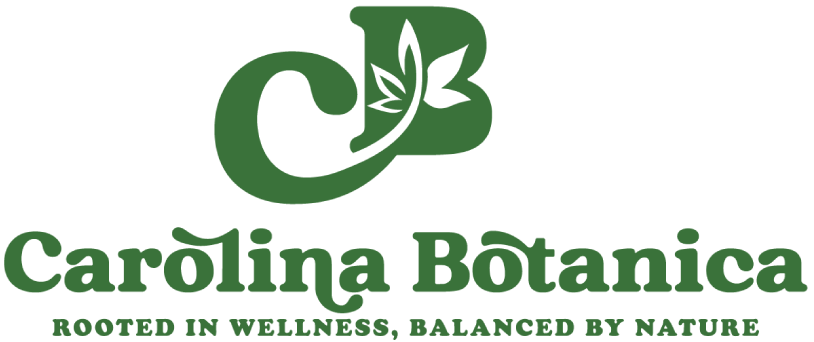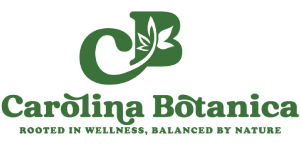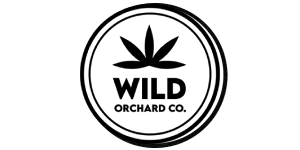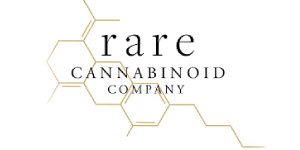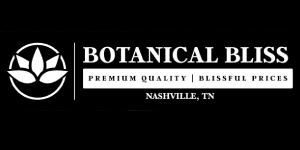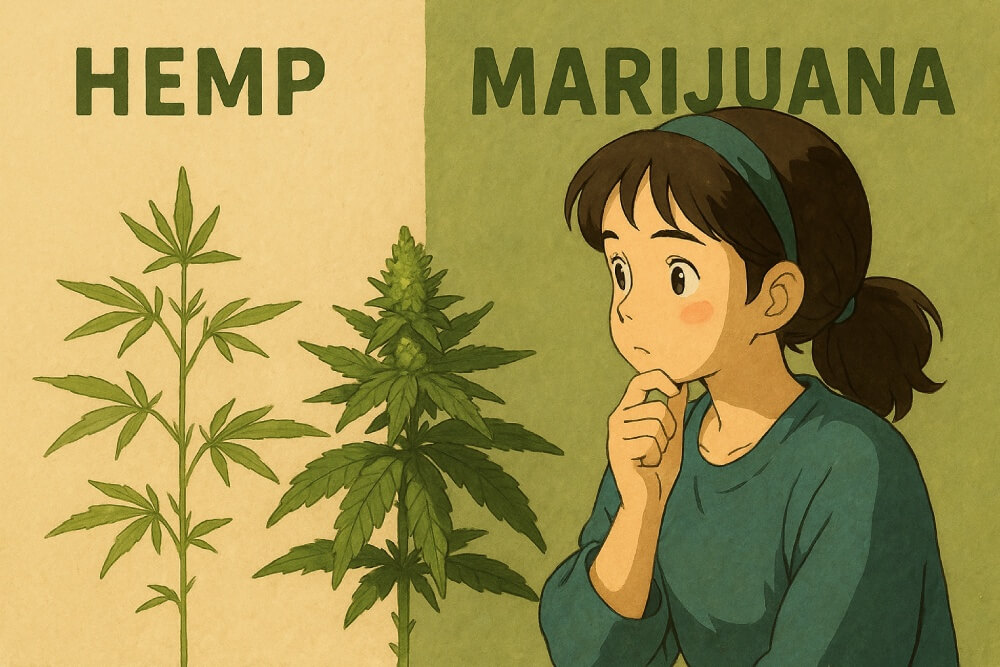
Hemp vs. Marijuana: What’s the Difference & Why It Matters
Despite the explosion of hemp products on the market, confusion remains high among consumers, regulators, and even law enforcement. Clearing up the difference between hemp and marijuana isn’t just helpful—it’s essential for compliance, public safety, and informed use.
Legal Distinction
- Hemp: Defined by the 2018 Farm Bill as cannabis with <=0.3% delta-9 THC by dry weight. Legal federally for cultivation, processing, and sale.
- Marijuana: Any cannabis product containing >0.3% delta-9 THC. Still considered a Schedule I controlled substance federally, though many states have legalized it for medical or recreational use.
Practical Implications
- Testing: Hemp must pass compliance testing to ensure its THC levels remain under the legal threshold. THCa is not factored into this limit unless decarboxylated.
- Interstate Commerce: Hemp products can legally cross state lines; marijuana products cannot without violating federal law.
- Consumer Access: Non-psychoactive and mildly intoxicating hemp products allow consumers in prohibition states to experience cannabinoids without breaking the law.
Why This Still Matters
The distinction becomes especially critical when enforcement or legislation is involved. Lawmakers and police often conflate hemp and marijuana, leading to wrongful seizures or misguided bans. For hemp businesses and consumers alike, this misunderstanding can result in loss of revenue, legal jeopardy, or unnecessary stigma.
The Bottom Line
At our NC-based hemp shop, we stay grounded in science and compliance. Every product is:
- Lab-tested with COAs dated within the last 12 months
- Clearly labeled with cannabinoid content
- Sourced from compliant growers
We believe education is power—and we’re committed to making sure every customer understands exactly what they’re buying and how it fits into the broader cannabis landscape.
